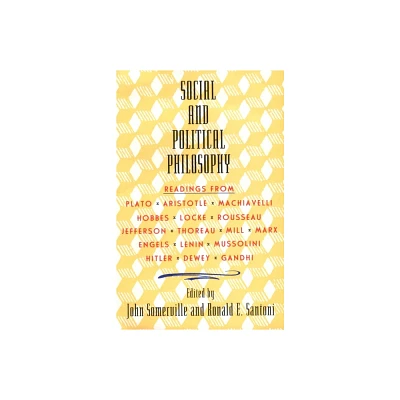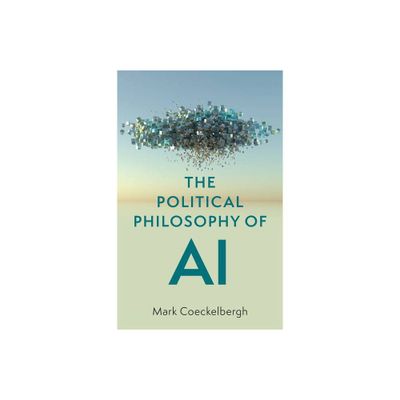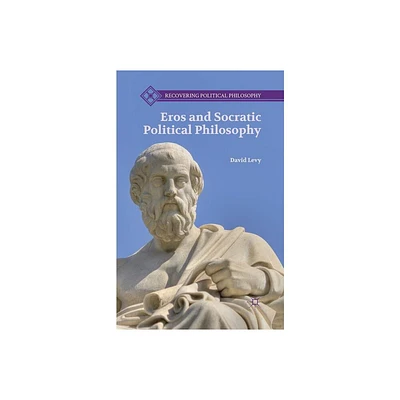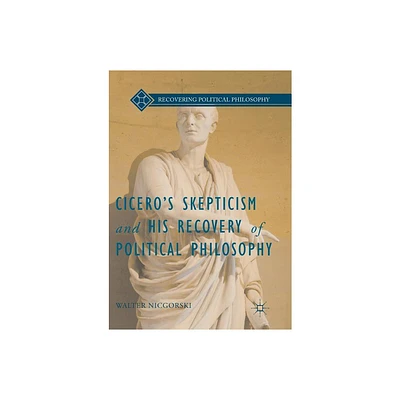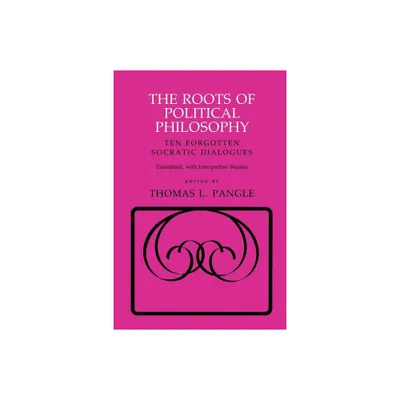Home
On Mechanism Hegel's Social and Political Philosophy
Loading Inventory...
Barnes and Noble
On Mechanism Hegel's Social and Political Philosophy
Current price: $69.99


Barnes and Noble
On Mechanism Hegel's Social and Political Philosophy
Current price: $69.99
Loading Inventory...
Size: Paperback
*Product Information may vary - to confirm product availability, pricing, and additional information please contact Barnes and Noble
On Mechanism in Hegel's Social and Political Philosophy
examines the role of the concept of mechanism in Hegel’s thinking about political and social institutions. It counters as overly simplistic the notion that Hegel has an ‘organic concept of society’. It examines the thought of Hegel’s peers and predecessors who critique modern political intuitions as ‘machine-like’, focusing on J.G. Herder, Friedrich Schlegel and Novalis. From here it examines the early writings of Hegel, in which Hegel makes a break with the Romantic way of thinking about ethical community. Ross argues that in this period, Hegel devises a new way of thinking about the integration of mechanistic and organic features within an organizational whole. This allows Hegel to offer an innovative theory of modern civil society as a component in ethical life. The second half of the book examines how Hegel develops this thought in his later works. It offers an in depth commentary on the chapter on mechanism in the Science of Logic, and it demonstrates the role of these thoughts in Hegel’s Philosophy of Right.
offers a critical response to debates over communitarianism by arguing against one of the central figures used by scholars to associate Hegel with communitarian thought, namely the notion that society is organic. In addition, it argues that Hegel political theory is deeply informed by his formal ontology, as developed in the Science of Logic.
examines the role of the concept of mechanism in Hegel’s thinking about political and social institutions. It counters as overly simplistic the notion that Hegel has an ‘organic concept of society’. It examines the thought of Hegel’s peers and predecessors who critique modern political intuitions as ‘machine-like’, focusing on J.G. Herder, Friedrich Schlegel and Novalis. From here it examines the early writings of Hegel, in which Hegel makes a break with the Romantic way of thinking about ethical community. Ross argues that in this period, Hegel devises a new way of thinking about the integration of mechanistic and organic features within an organizational whole. This allows Hegel to offer an innovative theory of modern civil society as a component in ethical life. The second half of the book examines how Hegel develops this thought in his later works. It offers an in depth commentary on the chapter on mechanism in the Science of Logic, and it demonstrates the role of these thoughts in Hegel’s Philosophy of Right.
offers a critical response to debates over communitarianism by arguing against one of the central figures used by scholars to associate Hegel with communitarian thought, namely the notion that society is organic. In addition, it argues that Hegel political theory is deeply informed by his formal ontology, as developed in the Science of Logic.


